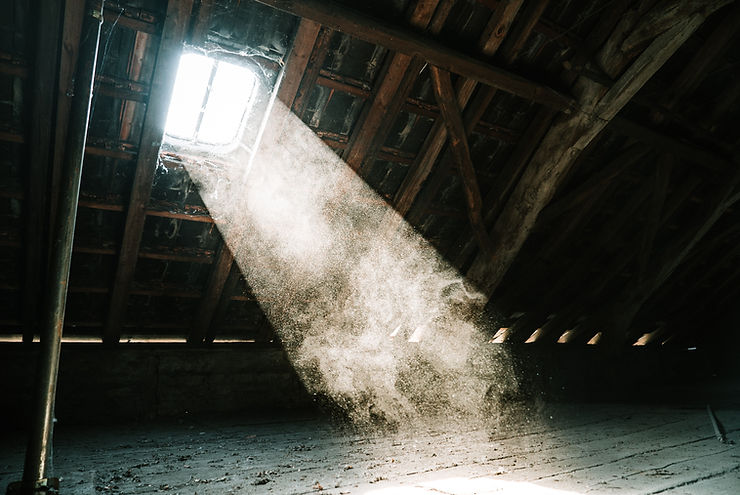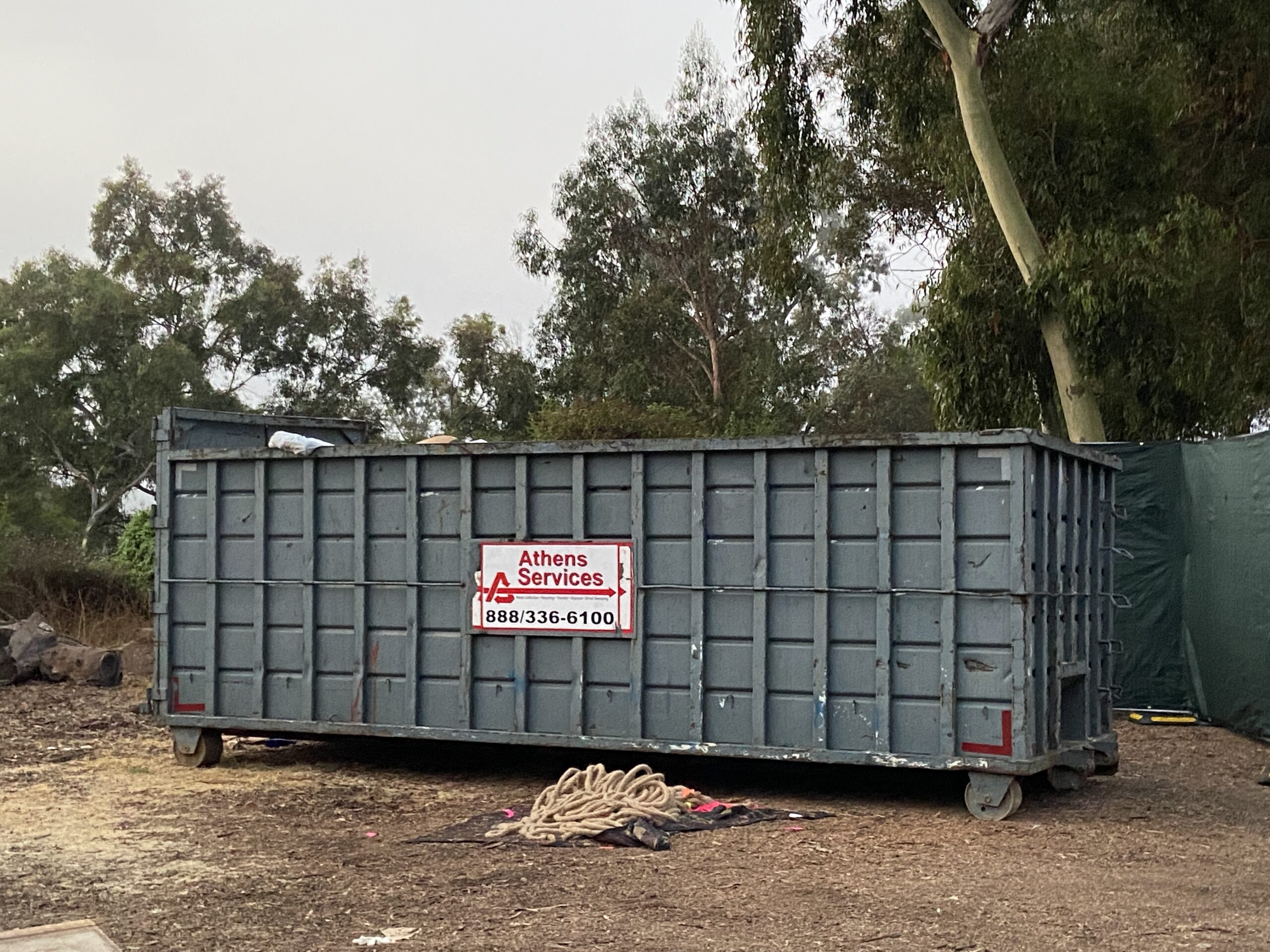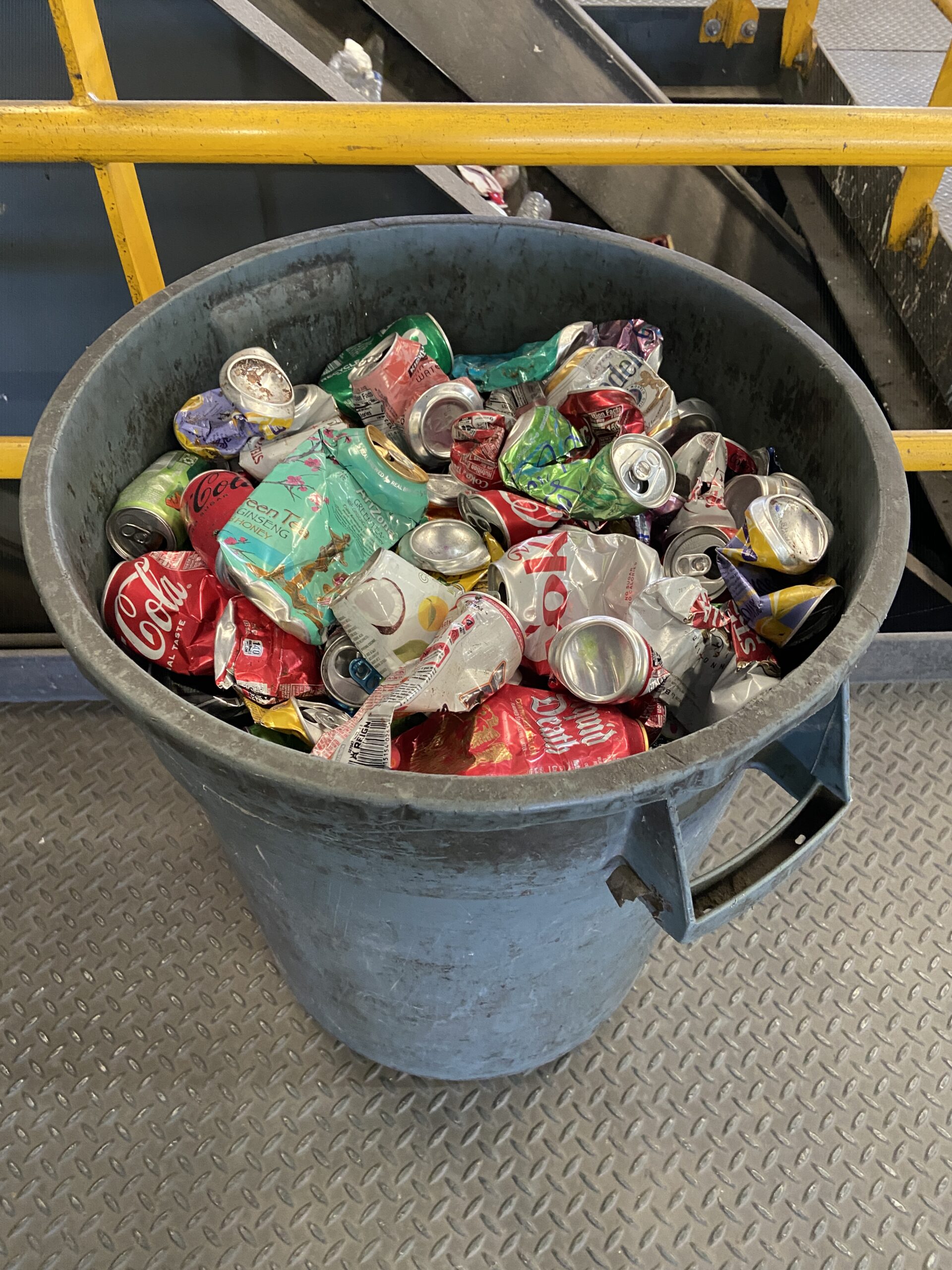If you have lots of books or too much stuff or you live somewhere where it’s too painfully cold or hot to open your windows during the winter or summer respectively, then you are most likely very familiar with that musty smell that can settle over your home like an ancient tomb. What causes musty smells? Stagnant air, which traps dust, pollen, mold, dirt, smoke, pet dander, and other lingering airborne particles and pathogens.
Opening windows, along with eating a healthy diet and getting plenty of rest, is a critical component of health. The reason why people tend to get sick more in the winter isn’t due to cold air bur rather due to increased time spent sealed indoors where viruses hang suspended in aerosols infected people breathe into the air. Fresh air and outdoor to indoor air circulation is vital for indoor air quality and as important as spending time outdoors.
Keeping a clean home or office, having a strong HVAC system in sealed corporate, retail and industrial spaces, and allowing for copious periods of time with the windows open to circulate outside air are all ways to avoid developing a musty smell (and mold and mildew problems) to begin with.
However, if you’re past the point of no return, lengthy bouts of air circulation coupled by a deep clean with stringent materials like baking soda, vinegar, and, most importantly, bleach, will eradicate the mold and dust causing that musty odor. Charcoal and sprinkled baking soda can absorb lingering unpleasant smells.
Musty smells don’t just occur in old homes or libraries. They can accumulate in workspaces as well, to the detriment of your workforce and their productivity. If your company needs a deep clean to help improve indoor air quality and morale, reach out to PopUP CleanUP for all of your commercial cleaning needs.





